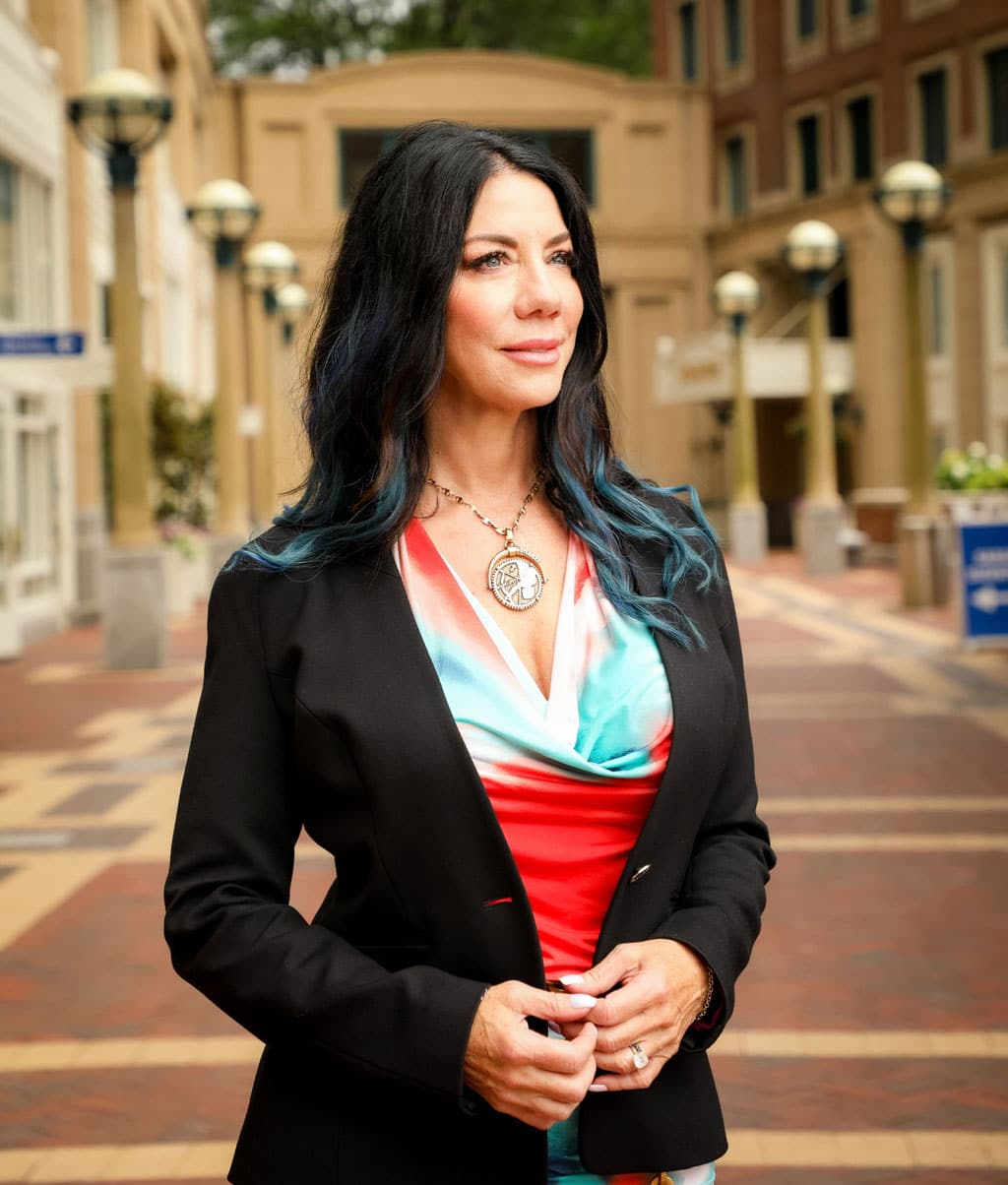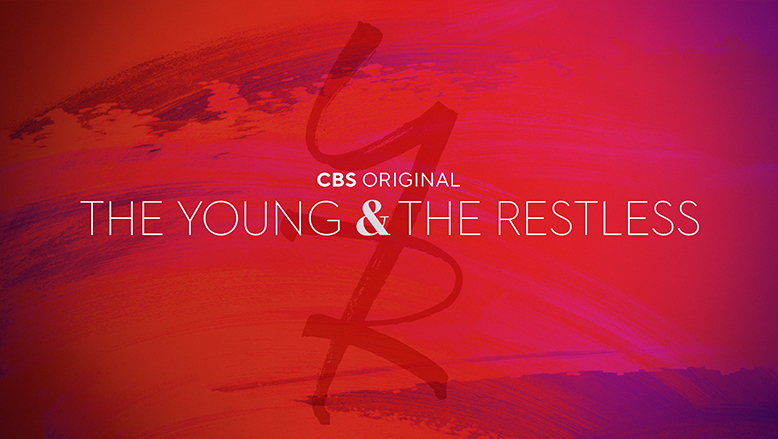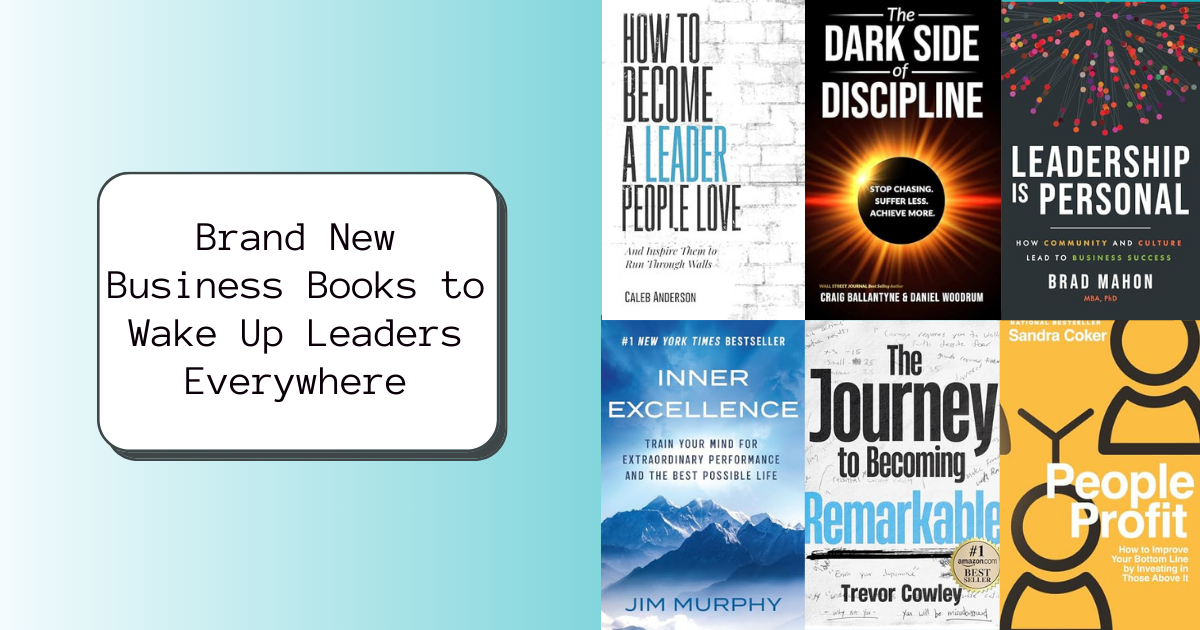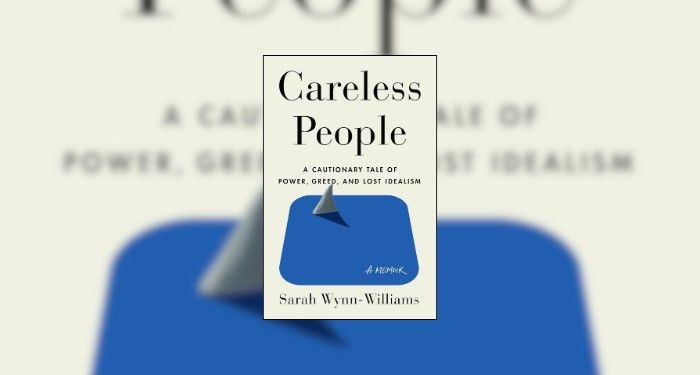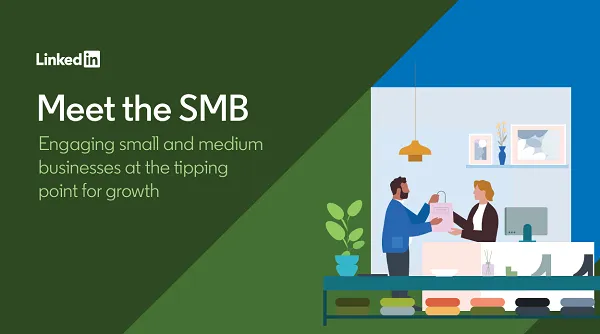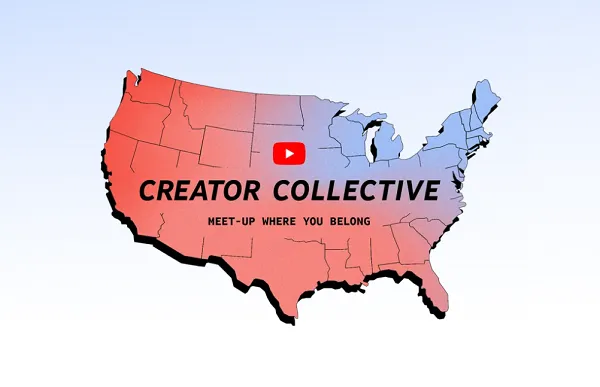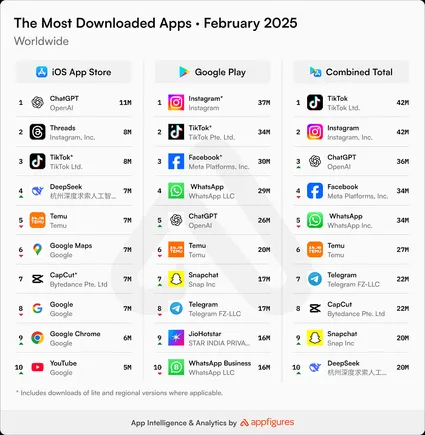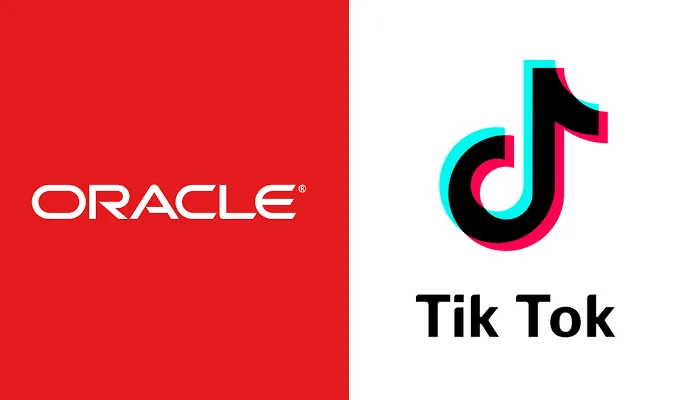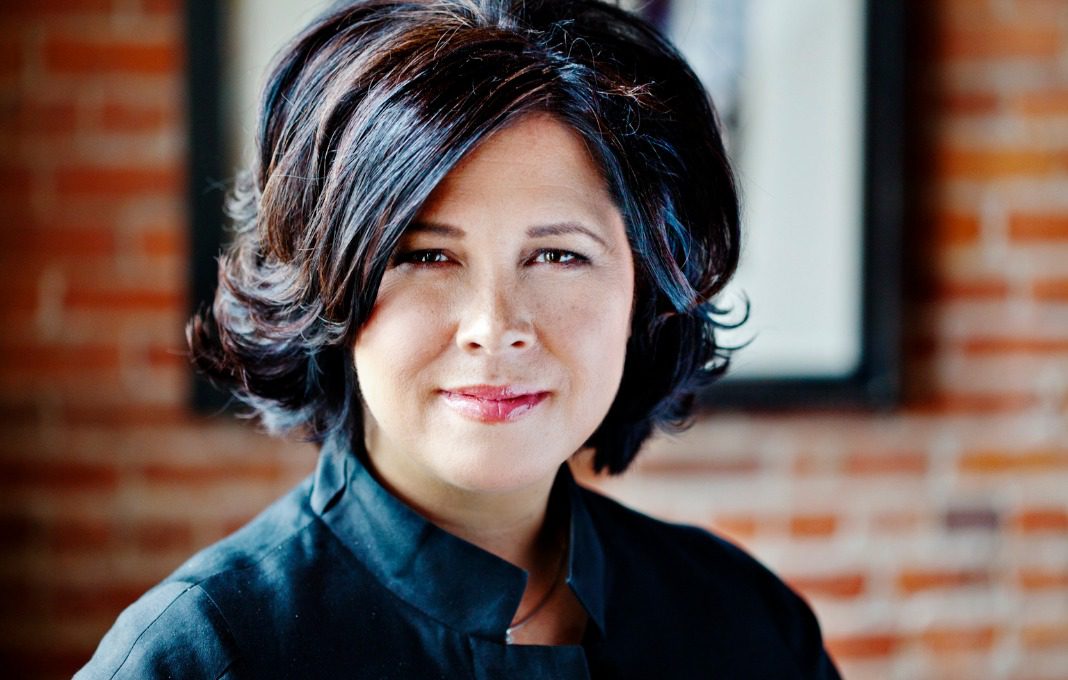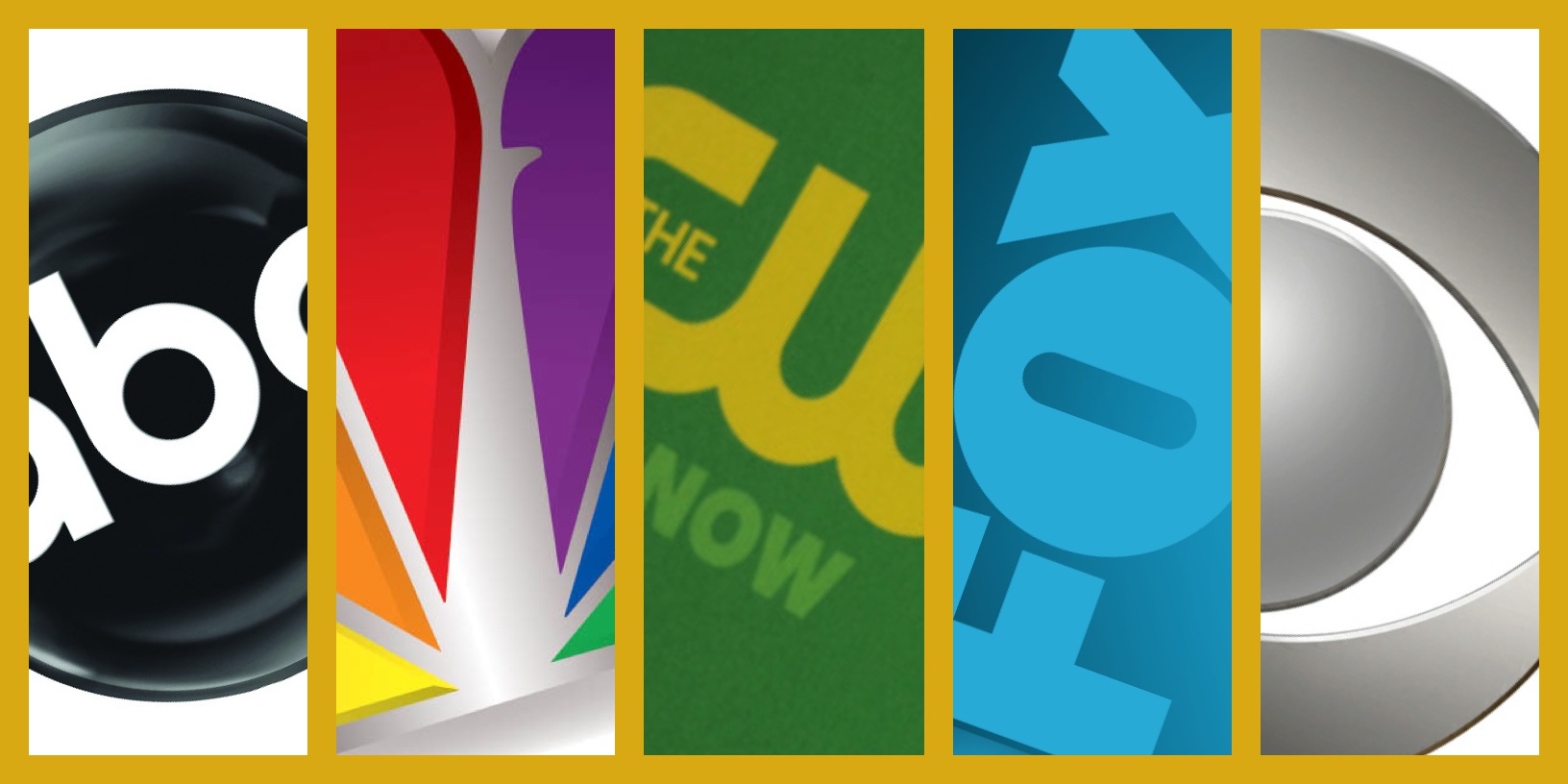At no time has it been more valuable than right now for manufacturing CEOs to be able to interpret a crystal ball and to look around corners. Of course, those are fanciful things that no one can do — in which case Ford CEO Jim Farley has Sheryl Connelly to at least give his company a bit of an edge.
And Connelly, Ford’s chief futurist, has put together some advice not only for her boss but also for other manufacturing heads about how to view the year ahead in the form of Ford’s 2023 Annual Trend Report. They’re insights that all consumer-facing manufacturing companies, at least, should give some attention because they’re based on Ford’s annual survey of thousands of consumers globally.
Connelly’s trends worth watching — and getting ahead of — for the next year include consumers’ growing feelings of burnout and stress, their rising preference for self-reliance over trusting institutions, and an increasing tendency to be satisfied with a life of everyday joy rather than striving for exceptional wealth. (Her top seven trends are detailed below.)
“Change is the only constant, and disruption is inevitable,” Connelly told Chief Executive. “But while a lot can change these days, the patterns we’ve seen over the last couple of years have persisted. What’s new in the story for 2023 is how consumers see the importance of resilience” after the pandemic, and economic and political shocks of the last three years. “The narrative for me for this set of data was clearer than for many years before.”
One increasingly clear part of the narrative is the effects that consumers’ generational placement seem to have on Americans and other westerners, particularly. “Boomers were born with something of a silver spoon, and a can-do spirit,” Connelly said. “We refer to millennials as ‘echo boomers’ because they grew up in a period of economic expansion and growth and strong consumerism. But the hallmark for Generation X was recession, and likewise there is a somberness in Generation Z.”
Connelly has been reading consumer tea leaves in her role for nearly 20 years for Ford. Not surprisingly, the automaker’s teams in marketing, sales and R&D take advantage of the insights that she generates from gathering and interpreting the survey data over the course of each year and for her other work in attempting to penetrate the veil of the future.
So it’s no accident that Lincoln, Ford’s luxury brand, pioneered in an increasing auto-industry emphasis in marketing on depicting the interior of its vehicles as a cocoon where owners could escape from the world. The soothing mantras of long-time Lincoln spokesman Matthew McConaughey helped bring to life some of the notions promoted by Connelly that consumers increasingly have been looking at their automobiles as personal havens from some of the stresses of life.
Similarly, Farley’s recent decision to back away from the company’s earlier commitment to continuing to spend billions of dollars to develop completely autonomous vehicles in part was based on insights generated by Connelly’s research suggesting that consumers weren’t necessarily expecting or looking for such paradigm-changing technology to rescue them from having to drive vehicles themselves, anytime soon. This conclusion overturned conventional wisdom for the company that first was established in 2016 when then-CEO Mark Fields said to expect Ford to field completely driverless vehicles by 2021.
“Our work is never so clear that we can point to ‘A,’ ‘B’ and ‘C’ as reasons for certain decisions,” said Connelly, who now oversees a small department of specialists dedicated essentially to trend-spotting and -reading research. “But we would like to believe we are part of Ford’s ethos of rigorously questioning our orthodoxies. And we believe this to be the case.”
In Ford’s 2023 Annual Trends Report, Connelly and her team lay out seven key themes that manufacturing chiefs would be wise to ponder for the year ahead and beyond:
• In search of the silver lining. Today, consumers’ top sources of stress include global instability, national instability, and personal finances. Fifty-eight percent of adults said they’re currently experiencing feelings of burnout in life overall; 68% globally and 63% in the U.S. feel overwhelmed by changes taking place in the world. Fortunately, most consumers believe will be stronger in five years. So they are focused on resiliency, purpose and seeking inspiration wherever they can find it.
• Facing our fears. Actions to promote self-reliance are on the rise amid declining consumer trust in institutions, which is how 51% of then feel about political systems, 44% about financial systems, and 41% about education systems. “Consumers are searching for ways to face their fears and navigate a better way forward,” the report said. “So, the next time the fight-or-flight instinct is triggered, they will at least have a game plan.”
• Taking a stand. Increasingly, consumers recognize the power in their wallets to affect companies in taking stands on issues that are near and dear to them. An amazing 50% of consumers even believe brands should hold employees accountable for the things they say and do outside of work! Their sway over companies’ activities is increasingly important in part because 64% of consumers don’t feel represented in political conversations today.
• Technology we love and hate. People know their online behaviors are being tracked, and 73% of adults find it creepy when companies know too much about them. Yet, consumers don’t want to stop using the tools they’ve come to rely on, with about 70% in the Ford survey saying social media helps them feel connected with others — even though 29% of consumers say it is toxic.
• Escapism. Mental health has become an increasing priority for all generations, particularly the youngest. More than half of Gen Z consumers indicated that their own mental health is a source of stress, and two-thirds are taking control by trying new mental-health practices to cope with their fears. Partly as a result, 77% of consumers have become more intentional about finding a space to rest and relax and finding calm in the last few years — including their vehicles.
• Cautious optimism. The survey said 74% of adults envision what they want their future to look like and take steps to make it happen. Meanwhile, nearly 8 in 10 affirmed that they see mistakes as an opportunity to do better rather than to be punished. And 70% believe their actions can influence positive change.
• The road to joy. People are redefining joy and finding it in the everyday. Rather than aiming for exceptional wealth, most simply want to earn enough to enjoy the things they like; 70% said the traditional 9-to-5 isn’t necessary for success. And 79% said they intentionally try to find joy in the mundane aspects of life.
























